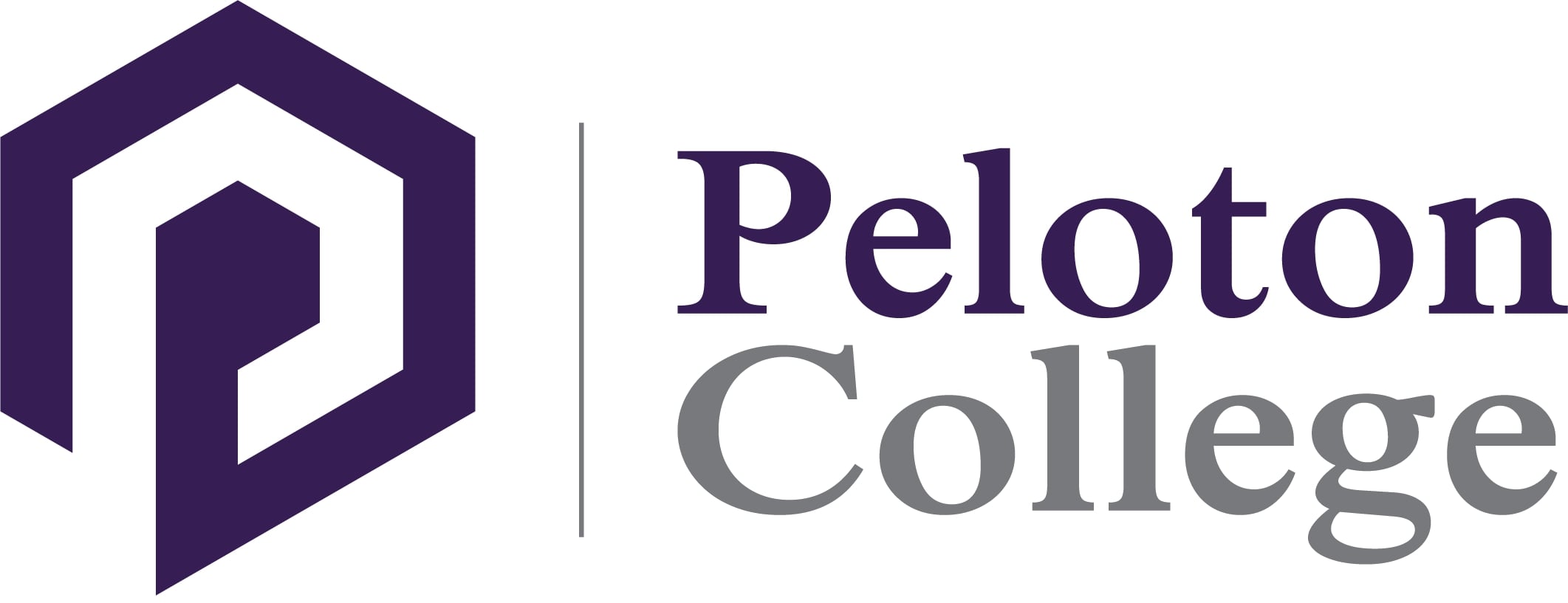Which Certificate is Best for Computer Networking?

Are you interested in becoming a computer networking specialist? Wonder which certification is best for you to promote yourself to prospective employers? It can be difficult to know where to start when working on your future career path in networking. Part of this difficulty comes from assuming that certifications are one size fits all solutions. As we look though the various networking related certifications, you will see that each has something special to offer. Likewise, you will be able to match up specific certifications with career paths related to networking. After you go over the certification options it’ll become clear which certificate is best for you to showcase your talent in computer networking.
Which Certificate is Best for Computer Networking?
There are many different computer networking certificates available for computer networking specialists to prove their knowledge and skills. Some of those certifications include the CompTIA suite of certifications, CCNA, CWNA, and ITIL.
CompTIA’s A+
CompTIA’s A+ certification focuses on computer hardware. CompTIA also has another certification, Network+, which is just as focused on networking. It’s easy to assume that A+ is for hardware and Network+ for networking. And those are the strong points of each certification. But at the same time, you can’t really have networking without hardware. Likewise, it’s hard to imagine a modern computer or tablet without networking functionality.
Networking and hardware are tied together, and each certification has elements of the other. It’s true that each of the certifications puts most of its focus on one topic, but you can still be sure that someone with an A+ certification will have a solid understanding of basic networking principles.
CompTIA’s Network+
Network+ is CompTIA’s networking focused certification. As you have seen, CompTIA does have other certifications which incorporate aspects of networking. But the Network+ certification focuses exclusively on computer networking. This makes the Network+ certification suited to people who want to not only work with, but also design, networks.
CompTIA’s Security+
CompTIA’s Security+ touches on most aspects of computer security. This certification does cover some security concerns outside of computer networking. However, a significant portion of the Security+ exam involves networking. For example, the exam covers Internet delivered malware, remote access management, firewalls and cloud-based security. The Security+ certification also covers the specialized needs of mobile devices which will be deployed for use on secured networks.
CCNA
The CCNA, Cisco Certified Network Associate, is similar in many ways to the Network+ certification. One of the most significant differences is that the CCNA certificate is offered by Cisco. The CCNA exam puts far more focus on Cisco’s networking hardware and software than you would see from a more vendor agnostic perspective. This includes Cisco’s routers and the specialized software which runs on them. The CCNA does cover more generalized aspects of networking as well. But the CCNA is a good way to demonstrate expertise with Cisco’s networking equipment alongside more general knowledge of networking.
CWNA (Wireless Network Professional)
CWNA certification is also focused on a subset of the larger networking discipline. In this case the larger focus is on all forms of wireless networking. This includes both radio frequency (RF) and wireless LAN (WLAN).
As with other certificates we do see some overlap in subject matter within the exam. For example, to cover wireless security, you would need to know about some general concepts of networking security as a whole.
ITIL Foundation
ITL Foundation certification focuses on the key concepts of Lean, Agile and DevOps. This certification puts an emphasis on design and deployment. This is an aspect of network design which can be easily overlooked as you focus on the particulars of a network’s specifications. The ITIL Foundation certification puts more of a focus on how to leverage networking concepts within a larger business relationship.
What Careers are Available to Those with Computer Networking Certification?
All these certifications cover the common element of networking. Likewise, subject overlap within the certifications means that job prospects may be shared as well. We’ve seen that there are some distinctions which make each certification unique. For example, someone with a Cisco certification will have an advantage when looking at jobs that make use of Cisco’s hardware. But for the most part the certifications open a common range of job prospects. You can see this by looking at some of the most interesting options available to people with networking related certifications.
Job #1: Network Support Administrator
A network support administrator helps manage a system’s network. This consists of both an internal network and anything related to the Internet. Network support administrators function within the scope of a larger IT department. However, this can be dependent on the size of an organization.
Job #2: Systems Administrator
A systems administrator works with networks on a more localized scale. This is done alongside network support administrators. You can understand this better by thinking about how networks operate. A network functions by linking multiple computer systems together. The network administrator focuses on the network between those computing nodes. The system administrator works on the input and output of the computer nodes within that network. The systems administrator and network support administrators work together within the larger scope of an IT department.
Job #3: IT Help Desk Professional
A help desk professional assists users with computer issues that are simple enough to handle over the phone or through a remote connection. That’s not to imply that the issues are always going to be minor. A help desk professional needs to understand complex issues and then relay that information to users in a simple and concise format, allowing them to act. Help desk professionals work in conjunction with computer support technicians.
Job #4: Computer Support Technicians
A computer support technician assists coworkers or clients with support issues that can’t be handled over the phone or through a remote connection. Networking and computer problems are escalated to the support technician by a help desk professional. If the help desk professional can’t fix the issue remotely than the computer support technician takes over to handle it in person.
The Best Way to Obtain These Certifications
We’ve seen how valuable computer networking certifications are to your career path. And we’ve also seen that the certification exams require us to answer a wide variety of questions. So, with that in mind, what’s the best way to pass the certification exams? The answer is a formal education program in IT from a trade school. These programs help you navigate the wide variety of subject matter in any of the certification routes. Also, the programs are devised in a way that ensures you retain and apply information in the most effective ways possible.
Even the duration of the programs is optimized. You can complete a program in just nine months. And you even have the option of fitting the course into a full-time schedule or attending part-time during evening classes.
Final Thoughts
Now that you know which certifications are best for computer networking, it is time to learn more about Peloton College and the IT program that can prepare you for each of these certifications. Getting certified helps prospective employers know you are serious about computer networking and have the knowledge and skills to help their organization with their networking needs.
Want to Learn More?
Under this Information Technology training program, Peloton College students will learn Network Administration and how to build, troubleshoot and maintain computer systems. They will also learn to build networks to specifications using Cisco routers and switches. The Information Technology Support Professional program will prepare students to sit for the following certifications: including CompTIA A+, Network+, Security+, CCNA, CWNA and ITIL foundation certifications.
The mission of Peloton College is to be the premier provider of hands-on training and education by providing students and graduates with the necessary skills to secure occupational careers. Contact us today to learn more.



